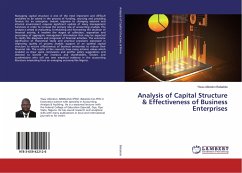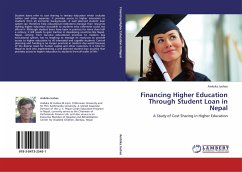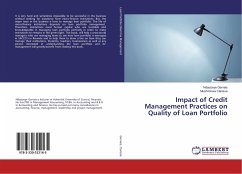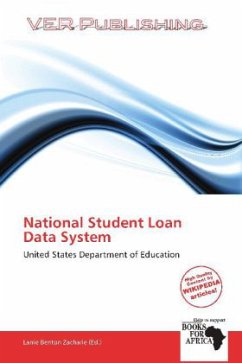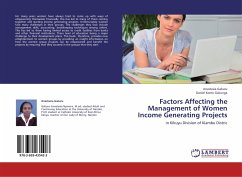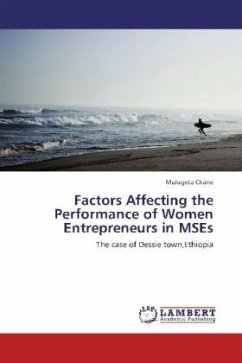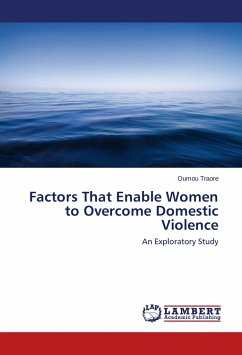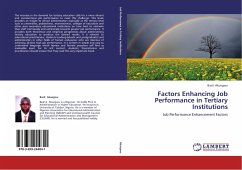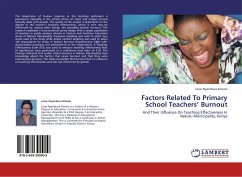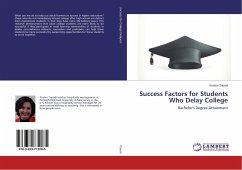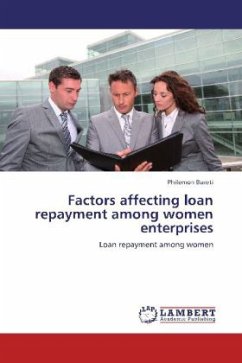
Factors affecting loan repayment among women enterprises
Loan repayment among women
Versandkostenfrei!
Versandfertig in 6-10 Tagen
32,99 €
inkl. MwSt.

PAYBACK Punkte
16 °P sammeln!
The primary concern of this study was to identify the major socio-economic and institutional factors that influence loan repayment capacity of women entrepreneurs in Uasin Gishu County. The study was based on the economic theory Genrahtz (1989) model 2 which states that when the entrepreneurs chose the repayment schedule, the chances of failing to repay or default would be reduced to a minimum level. The theory works on the specifications of time and the resources as well as the relationship between the two lending parties. Despite the sharp disjunction in the predictions an order by the ratio...
The primary concern of this study was to identify the major socio-economic and institutional factors that influence loan repayment capacity of women entrepreneurs in Uasin Gishu County. The study was based on the economic theory Genrahtz (1989) model 2 which states that when the entrepreneurs chose the repayment schedule, the chances of failing to repay or default would be reduced to a minimum level. The theory works on the specifications of time and the resources as well as the relationship between the two lending parties. Despite the sharp disjunction in the predictions an order by the rational economics model and the behavioral model, evidence on whether repayment frequency influences default rates in microfinance remains limited. The literature reviewed shows that entrepreneurs find it tricky to repay the loan but the determinants of loan repayment among women owned enterprises is not well addressed. The study was carried out using a descriptive survey of 1327 women owned enterprises and 3 loan officers of each bank in Uasin Gishu County. The study included 130 participants which is 10% as suggested by Mugenda in (Mugenda et al, 1999).



